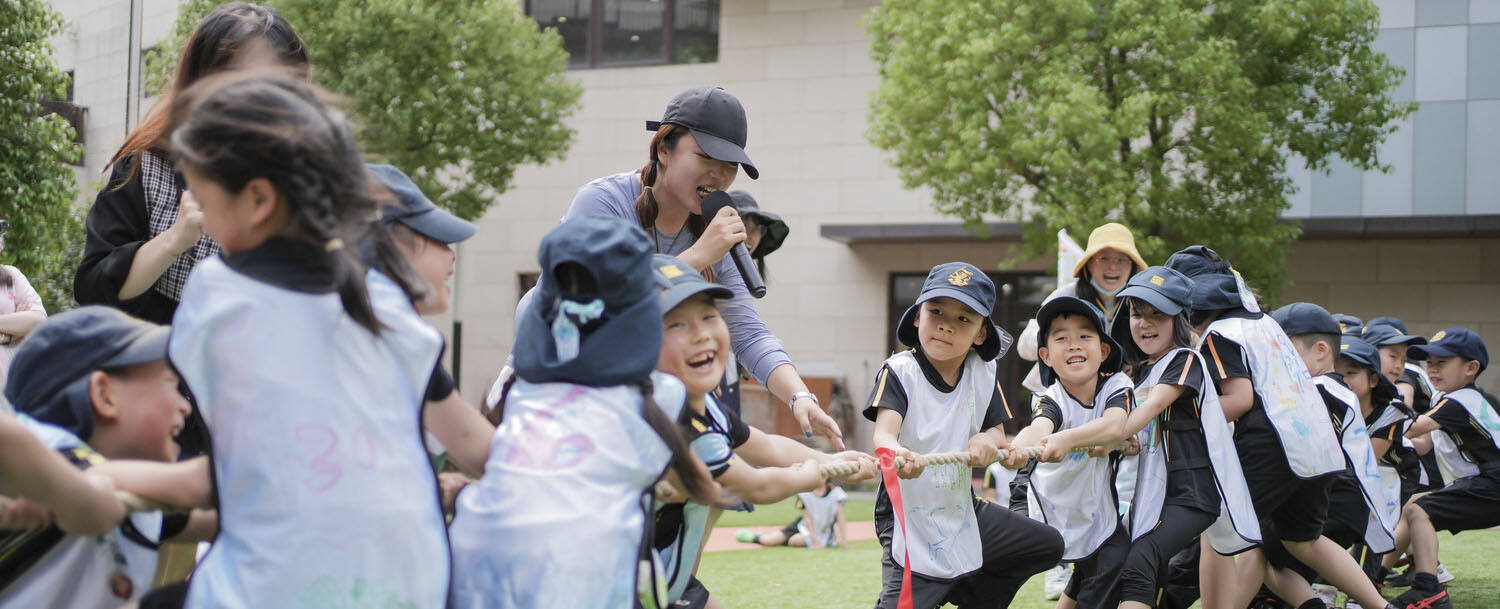
When asked about his expectation for Alita’s future, Alita’s father gave us the following answer after a short consideration.
I don’t put any limits to their future for the time being or expect them to become excellent role models. I want them to grow up to be independent and confident individuals who can recognise their own values, feel happiness and face challenge in life.

Alita’s father has two daughters. He transferred sister to Huili Nursery since its founding. He was delighted to see her growth and changes, so he decided to enrol his young daughter Alita into the nursery too. Now Alita is a EY3 pupil and her sister studies at Huili School.
Alita’s father admits that being a parent has been a learning process. “I was not so involved at the beginning. As our children grow and I am needed more, I assume the role of a father more and more and become aware of what kind of growing environment I want to create for them.”
He thinks he still has plenty of work to do but is confident he will get there. Here, he shares some reflections on his children’s Early Years education.
When Alita’s older sister reached nursery age, we chose a nursery near our house. But after one term, we decided to find a new nursery that aligns with our educational philosophy. We often discussed how to choose a suitable nursery.
It is a two-way selection. Only when the nursery and parents share common values and goals can we be sure we are providing a consistent educational path for our children.
When we visited some nurseries of good reputations, we found that we had the similar educational philosophy to Huili Nursery’s.
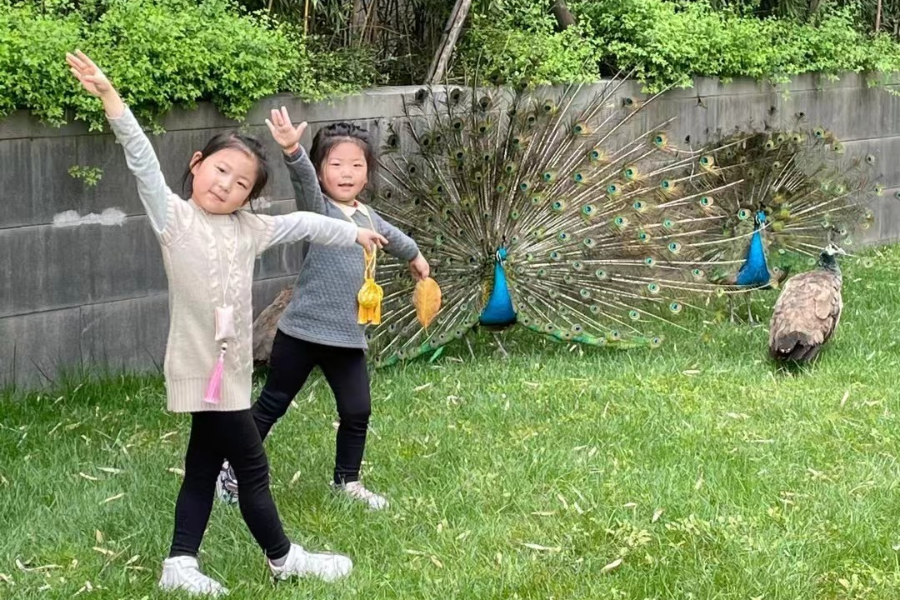
Parents are children’s first and best teacher. We should become their role models to give them guidance and encourage them to be kind, right-minded and brave enough to express themselves. I hope what we teach them at home is echoed in what they are taught at nursery.
Our older daughter changed a lot after attending Huili Nursery, which delighted us. Her biggest change was her adaptability.
Each academic year, the nursery allows pupils to access different learning spaces to help them strengthen their ability to adapt to new environments and expand their horizons socially. Initially, our older daughter took a long time to adapt. As she progressed to higher year groups, she adapted more quickly. Before long she was as comfortable as a fish in water.
I also found that she had a clearer self-awareness and knew exactly what she wanted. She did not feel insecure even when playing alone and knew how to get along with others.
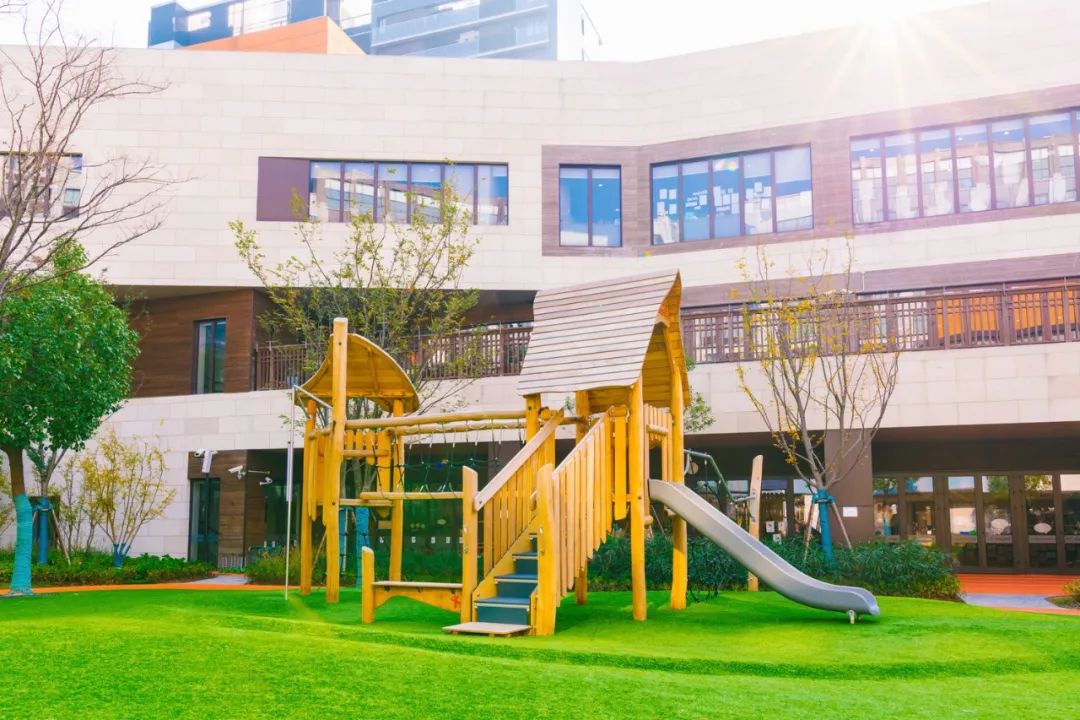
The changes in our older daughter convinced us that Huili Nursery would be the right choice for our younger daughter. They both had a great time at the nursery.
Every nursery day, our daughters would go to greet her teachers and classmates. This interaction expanded their social circles and facilitated their integration into new environments.
Back home, they shared with each other how they spent their day, how many Value stickers they earned and what level they reached on the rocket ladder. These interactions were another boost to their kinship.
Despite their different personalities, both are fully respected and supported at the nursery. They have also become more confident, outgoing and unique in a safe and supportive environment.
I am also impressed by the cooperation between the nursery and parents since enrolling my children at Huili.
Our communication channels are open and varied with weekly updates on children’s nursery life and development.
Every nursery pupil has a learning journal which records teachers’ observations during their daily teaching, photos of children and detailed captions of what they did. This is a time-consuming task and comes from teachers’ meticulous observation and constant attention to the children.
The learning journal is so clear that it makes up for the fact that parents cannot witness children’s every growth and change.
The communication extends to children’s development at every stage. We often receive emails from classroom teachers explaining in detail what children are learning and how they teach. The nursery also holds parent information sessions on different topics to guide parents in how they can support their children’s learning at home.
Parents gain the knowledge needed to support their children's growth, so that we can be prepared for the next stage of learning in tandem with our children.
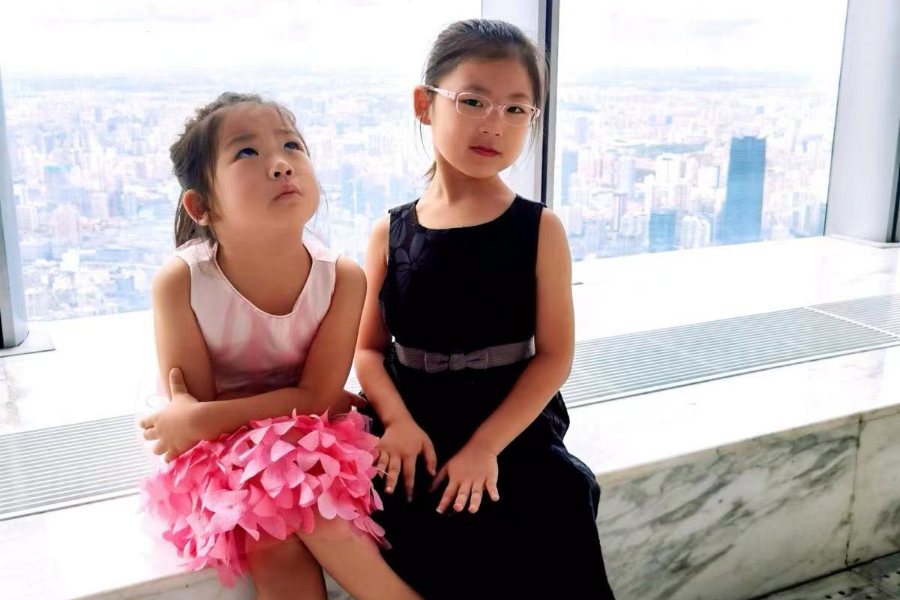
The nursery encourages the development of children’s personal skills. We parents also give our children many opportunities to experiment at home. Even though winter clothing is heavy and thick, my younger daughter in EY3 can change her PE clothes on her own. Such growth in personal skills is evident.
This consistent approach helps children to build up their different skills gradually. The combined efforts of parents and nursery give our children constant support both at nursery and at home.
Children in nursery are just now learning how to perceive the world. What matters is not how much knowledge acquire in their Early Years education but whether they get to know the world around them.
Nevertheless, how can we do this for them when, at this point in their lives, they have a very basic understanding of the world? As an active participant of FOH charitable events, I believe this is a great opportunity for them to get a glimpse of the real world.
We engage in charitable initiatives like donating winter clothes and raising funds for children in underserved rural areas. As a leader of FOH charity committee, I have been working on how to further continue our initiatives, how to involve our children in these activities and to help them understand why we do it.
We hope through our continued participation in charities, children can truly understand the Huili Values of ‘Integrity, Kindness, Courage, Respect and Responsibility’. This process does not happen overnight. We continue to participate and share our field trips so that our children can see that not all children enjoy the same education resources. Then they can formulate their own thoughts on the matter.
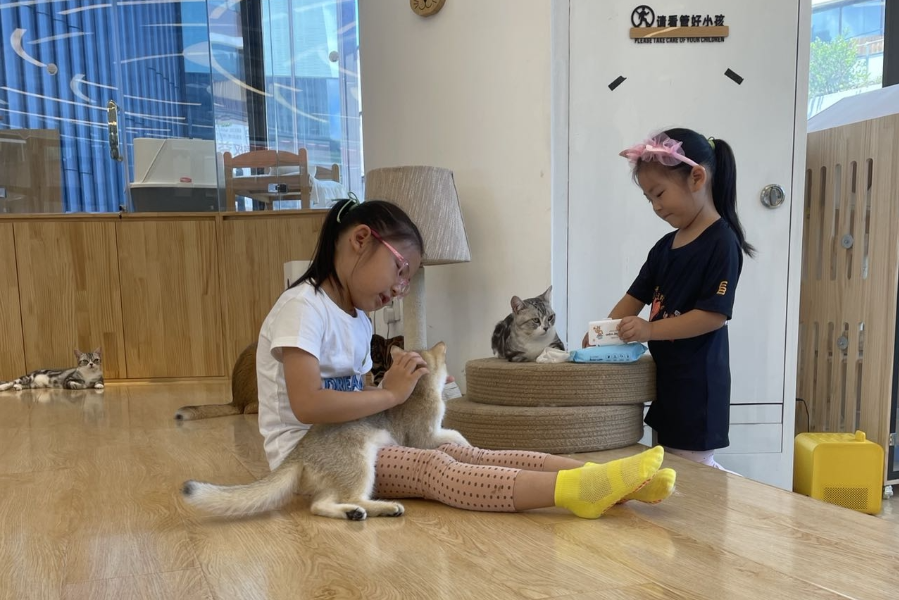
At home, when our daughters exhibit kindness, we give them praise and encouragement. They also develop the habit of thinking of others’ needs. For example, they put their pocket money into a savings jar in the hope that it can be used to help the less fortunate. When they sort through their clothes, they will think about what they can donate to help others.
Through charitable activities, our children can make a positive difference in others’ lives and learn more about the world they live in.

Alita’s father concluded: “We may not concretely say what kind of individual we expect our children to become, but we can carefully choose where they receive an Early Years education and hope it will lead them to thrive and find the path they want to choose and follow.”
Huili believes that in a cooperative home and nursery environment where we have a shared educational philosophy and values, children will gain a sense of happiness and fulfilment.